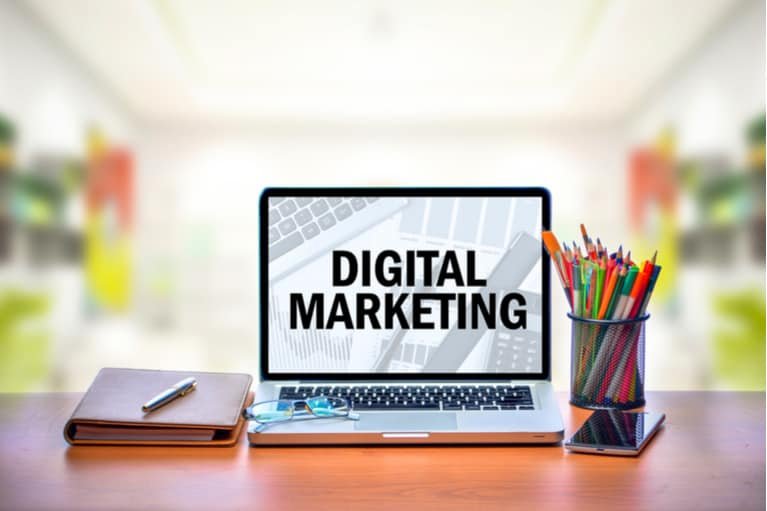Lead generation is a process that involves identifying, nurturing and converting potential customers into paying customers. It is a critical component of any successful sales and marketing strategy. Generating leads requires a combination of effective tactics and technologies, including content marketing, SEO, email campaigns, social media, webinars, and more. By leveraging these tactics and technologies, you can create a steady stream of qualified leads for your business. This article will provide an overview of the process, and explores the various tactics and technologies that are available to help generate leads.
Types of Leads
- Marketing qualified leads: A Marketing Qualified Lead (MQL) is a lead that has been identified by a company as having a higher probability of being a customer compared to other leads. MQLs are typically generated through marketing activities such as email campaigns, webinars, and content marketing. The criteria used to determine an MQL may vary between companies, but typically include a combination of factors such as the lead’s engagement with content, the frequency of visits to the company’s website, and the lead’s demographic information.
- Sales qualified leads: Sales qualified leads (SQLs) are leads that have been identified as likely prospects for a company’s products or services. An SQL is someone who is further along in the sales process than a lead and is more likely to become a customer. SQLs are typically identified through lead scoring, which is the process of assigning points to leads based on their activity and demographic information.
- Product-qualified leads: Product-qualified leads are potential customers who have shown an interest in a specific product or service and have taken the steps needed to qualify them as potential buyers. This could include signing up for a free trial, filling out a survey, providing contact information, or requesting a demo. Product-qualified leads are valuable to companies because they are more likely to convert into paying customers.
- Service-qualified leads: Service-qualified leads are prospective customers with a high likelihood of making a purchase. A lead qualification service can help businesses identify qualified leads through the analysis of customer data. This data can include demographics, past purchases, purchase intent, website activity, digital interactions, and other relevant information. A lead qualification service can help businesses accurately identify and target leads most likely to be converted into paying customers.
Click here – 5 Latest Web Development Trends to Follow in 2023
Importance of Lead Generation
Lead generation is the process of bringing in potential customers who are interested in your services or products. It is the first step in the sales cycle and one of the most important elements of developing a successful marketing strategy.Lead generation helps you attract new customers and build relationships with them. It helps you to understand what potential customers are looking for, and to create targeted communication that speaks directly to their needs. With lead generation, you can create meaningful connections with prospective customers and convert them into sales.
Lead generation also helps you to stay ahead of the competition as you can generate leads more quickly than they can. It also helps you to stay ahead of the trends in your industry, as you can identify which products or services are in demand and targets those with your lead generation efforts.
Lead generation is key to the success of any business and can help you generate more leads, increase sales, and build more meaningful relationships with potential customers.
Click here – The Uses of Dot Net Development Beyond Mobile Applications
Top Digital Marketing Lead Generation Strategies
- Create content to attract leads: Creating content relevant to your audience is the best way to attract leads. Content can include blog posts, videos, podcasts, whitepapers, webinars, and ebooks.
- Leverage social media: Social media is a great way to reach potential leads and engage with them. Platforms like Twitter, Facebook, LinkedIn, and Instagram can be used to promote your content, build relationships, and share insights.
- Run targeted ads: Paid advertising is a great way to target potential leads and direct them to your website or landing page. Platforms like Google Ads, Facebook Ads, and LinkedIn Ads offer robust targeting options.
- Use SEO: SEO is an invaluable tool for attracting leads. Optimizing website content for relevant keywords and phrases can help your website rank higher in search engine results, increasing visibility.
- Utilize email marketing: Email marketing can be used to nurture leads and build relationships. It’s also a great way to keep your audience informed about new products, services, and events.
- Optimize your website: Optimizing your website for leads is essential. Make sure your website is easy to navigate and contains calls-to-action, contact forms, and other lead-capture tools.
- Use pay-per-click (PPC) advertising: Launch targeted campaigns with PPC ads to reach potential customers and capture leads.
Wrapping Up
Digital marketing is one of the best lead-generating strategies. It is an effective means of reaching out to new clients and building relationships with them. Digital marketing companies in Dubai can help you generate leads through various channels such as search engine optimization, paid search, display advertising, social media, and email marketing. You can develop a consistent source of high-quality leads by using the correct digital marketing tactics and selecting the best digital marketing company in Dubai.






